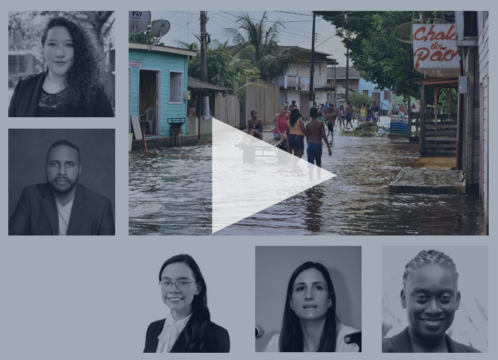Will the New US Aid Plan for Central America Be Successful?
Will Central American governments spend the money effectively? Do the countries in the isthmus have a good plan to fight the drug cartels?
Will Central American governments spend the money effectively? Do the countries in the isthmus have a good plan to fight the drug cartels?
While the Trump administration’s “America first” policies are aimed primarily at giving higher priority to national security and economic growth for the United States, the White House’s approach will have impacts on energy relations with the rest of the hemisphere that should also be considered.
A new report from the Education program analyzes trends in education policy and outcomes, as well as in development assistance and investment. It identifies spaces for US-LAC partnership for new and continued engagement.
On June 14, the Education Program launched its new report on the future of education in Latin America and the Caribbean.
On February 2, the Embassy of Argentina in the United States and the World Resources Institute hosted an event at which Lisa Viscidi spoke about how the Biden administration could engage with Argentina, and with Latin America and the Caribbean more broadly, on areas such as clean energy, climate change adaptation, and conservation.
Dialogue alumnus Eric Jacobstein joins the Biden-Harris Administration as a senior advisor to the Latin America and Caribbean Bureau in the United States Agency for International Development (USAID).
Dialogue alumnus Michael Camilleri joined the Biden-Harris Administration as a senior advisor to Administrator-designate Samantha Power at the United States Agency for International Development (USAID). He will lead a new USAID task force on the Northern Triangle of Central America.
The countries of Central America’s Northern Triangle—El Salvador, Guatemala, and Honduras—are especially vulnerable to the severe and worsening impacts of climate change. This policy brief, the first in a series of three publications, describes the main challenges and provides broad recommendations for the US strategy on climate change adaptation in the region. It is based on inputs from the Task Force on Climate Change in the Northern Triangle, coordinated by the Inter-American Dialogue.
On May 4 and 5, a delegation of task force members traveled to DC to share their insights and recommendations with officials from various US government entities.
This report, informed by the Dialogue’s Task Force on Climate Change in the Northern Triangle, complements the recommendations of the previous report in the series, on themes such as agriculture, water, energy, and finance, with strategic recommendations for US assistance to foster effective and sustainable adaptation, especially through empowering local leadership.
On July 13, 2022, Think Tank Haiti, a collaborative initiative between the Inter-American Dialogue and the Quisqueya University in Haiti hosted a webinar on the outcomes of international aid in Haiti. The panel featured a diverse group of experts, discussing why aid may have failed in Haiti as well as what Haiti and donor countries can do to mitigate future poor performance.
To explore the innovative tools key to materializing these financial flows, Inter-American Dialogue hosted the online event “Unlocking Climate Finance in Latin America and the Caribbean” on May 8, 2023.
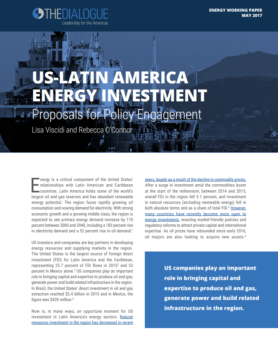
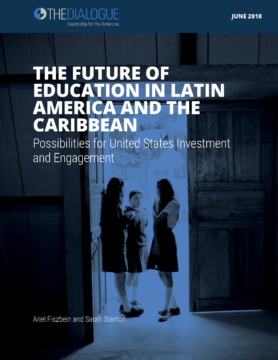
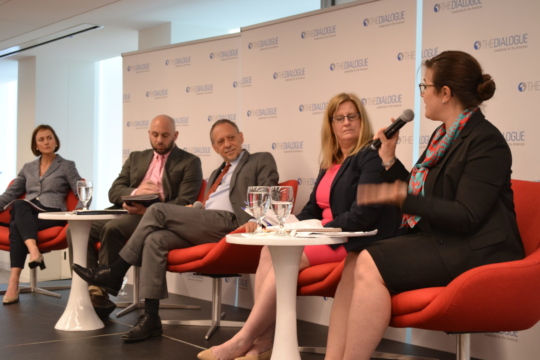 Video
Video
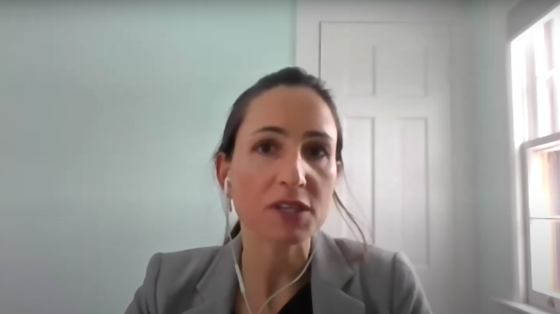 Video
Video
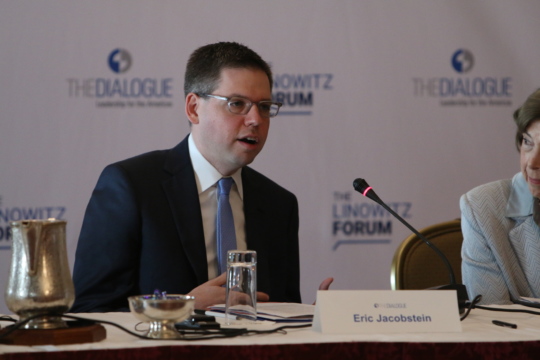
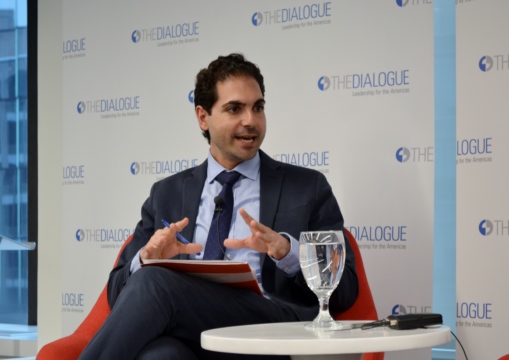
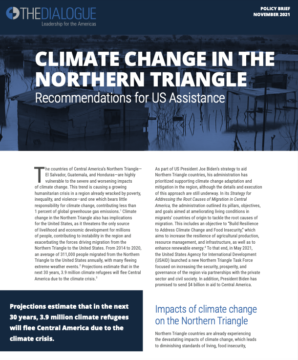
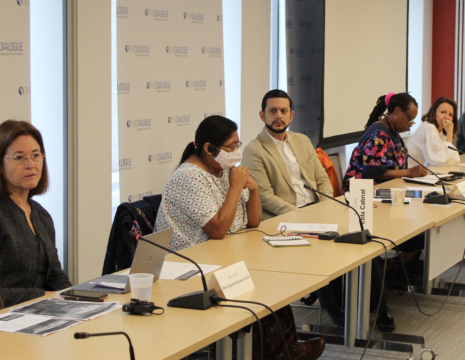
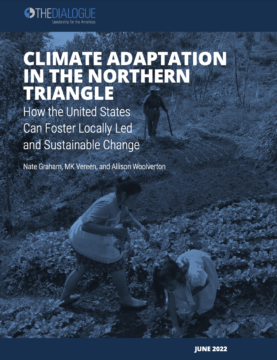
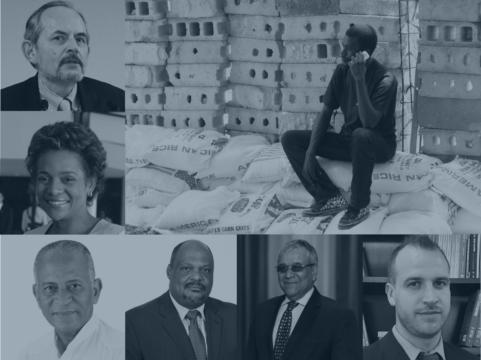 Video
Video
